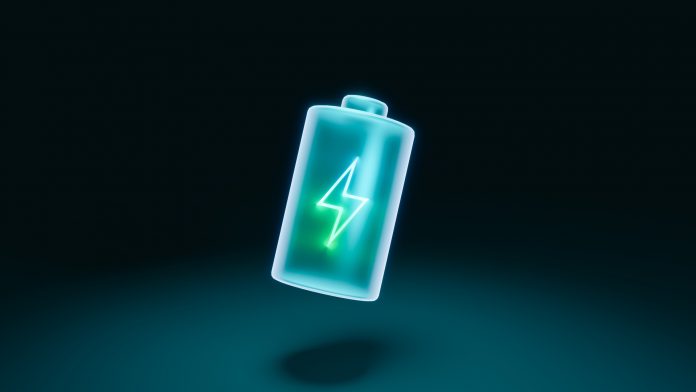A collaborative research team has made significant progress towards realising metal-free organic lithium-ion batteries.
A joint group of scientists from the University of California, Los Angeles (UCLA) and the Tohoku University have made considerable progress towards attaining high-voltage, metal-free lithium-ion batteries that utilise a small organic molecule, croconic acid. This novel development brings us one step closer to achieving metal-free, high-energy, and low-cost lithium-ion batteries.
The team’s findings have been published in the journal Advanced Science under the title: “Are Redox-Active Organic Small Molecules Applicable for High-Voltage (>4 V) Lithium-ion Battery Cathodes?”
Organic batteries for a more energy efficient future
Typically, lithium-ion batteries are reliant on rare-earth materials like cobalt and, obviously, lithium. Meanwhile, contrasting this, organic batteries exploit naturally occurring elements such as carbon, hydrogen, nitrogen, and oxygen, which are naturally abundant.
As well as this, organic batteries have far greater theoretical capabilities than traditional lithium-ion batteries due to the fact that their use of organic materials gives them a lightweight quality. However, at this point, the majority of reported organic batteries possess a relatively low (1-3V) working voltage. Enhancing the voltage of organic batteries will result in higher energy density batteries.
Croconic acid as a lithium-ion battery cathode material
The researchers working on the study include Itaru Honma, who is a Professor of chemistry at Tohoku University’s Institute of Multidisciplinary Research for Advanced Materials, Hiroaki Kobayashi, who is an Assistant Professor of chemistry at Tohoku University, and Yuto Katsuyama, who is a graduate student at UCLA.
During their research, they discovered that when it is utilised as a lithium-ion battery cathode material, croconic acid retains a strong working voltage of approximately 4 V.
Croconic acid has five carbon atoms bonded to each other in a pentagonal form, and each of the carbons is bonded to oxygen. On top of this, it has a high theoretical capacity of 638.6 mAh/g, which is far greater than the conventional lithium-ion battery cathode materials (LiCoO2 ~ 140 mAh/g).
Commenting on the research, Kobayashi explained: “We investigated the electrochemical behaviour of croconic acid in the high-voltage range above 3 V using theoretical calculations and electrochemical experiments.
“We discovered that croconic acid stores lithium ions at roughly 4 V, giving a very high theoretical energy density of 1949 Wh/kg, which is larger than most inorganic and organic lithium-ion batteries.”
Taking research to the next level
Even though the theoretical capacity was not quite attained at this stage of the study, the collaborative team from Tohoku and UCLA are hopeful that the energy density of the organic battery can be heightened through the advancement of stable electrolytes at high-voltage and chemical modifications to croconic acid.
Due to the fact that the majority of electrolytes are not able to endure such a strong working voltage of croconic acid, working on the development of new electrolytes is crucial. As well as this, the structures of small organic molecules, such as croconic acid, are easily altered. Appropriate structural modification can stabilise the molecule, resulting in greater capacity and reversibility.









